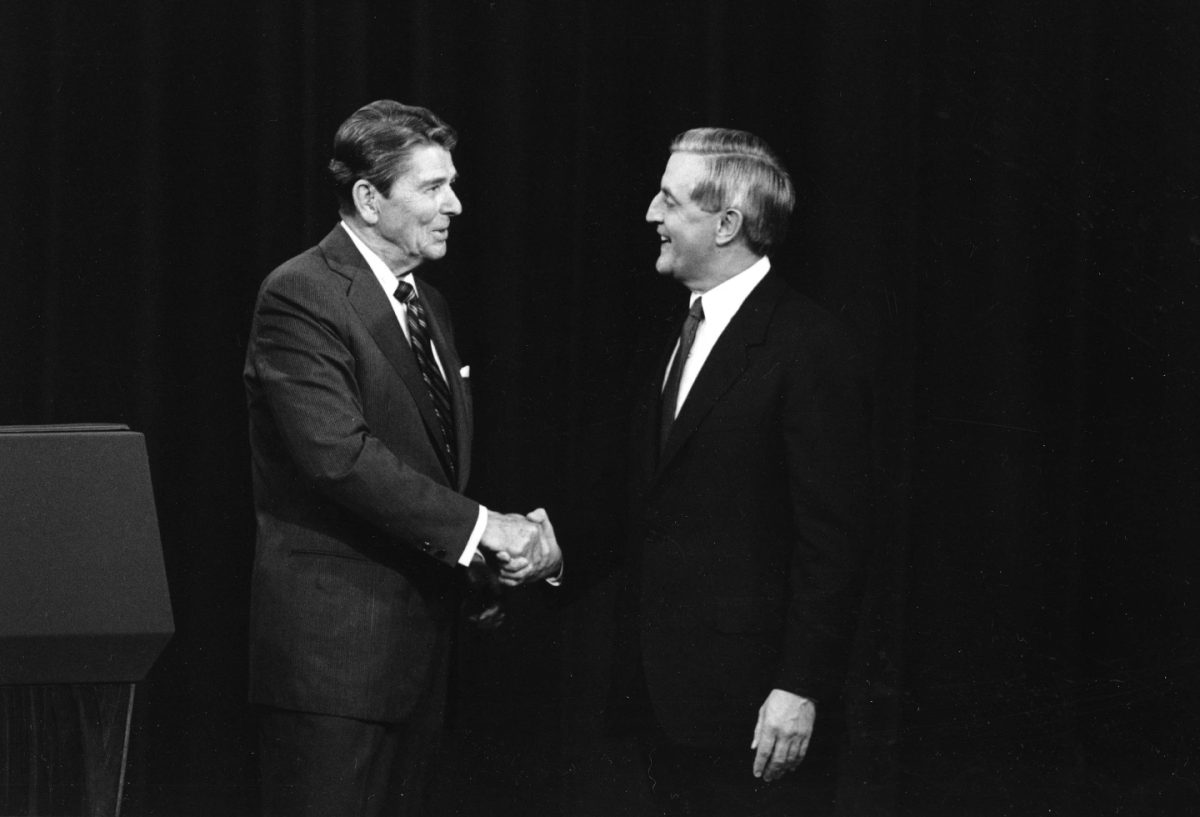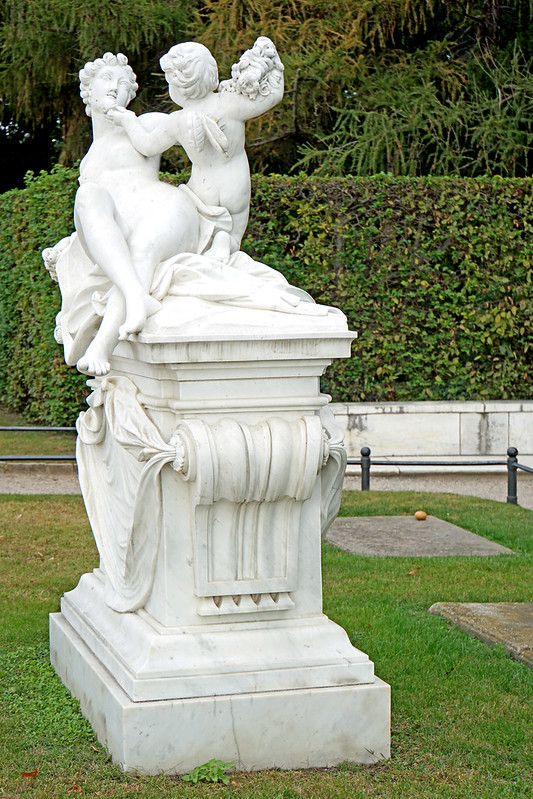In my previous opinion article last spring, I lamented the dearth of knowledge on President-elect Donald Trump’s policy platform during the primaries.
It seemed his supporters were not in favor of the wall or tariffs in particular, but rather his ability to appeal, quite deftly, to their overriding sense of general malaise. Rather than explore the sentiment itself, I lampooned it as an uneducated way to support a political candidate. However, following the election results I now feel compelled to write again as much in response to my prior article, as to explore this foreign feeling of socio-economic discontent.
Many of the news sources I regularly consume — “The Economist,” “New York Times,” “FiveThirtyEight” — were staunchly against Trump prior to the election.
“The Economist” reeled at the potential for a trade war and a prohibitive tariff system, while “The New York Times” urged potential supporters to take his childish and vulgar behavior at face value. “FiveThirtyEight” simply dismissed Trump as unlikely to win in any scenario.
Yet the appeal put forth by the “liberal media” was an inherently futile exercise.
It was also precisely why Trump supporters did not care whether Trump lied or proposed no concrete policy. The sentiment that Trump garnered in the silent majority of disillusioned Americans was not one that could be dissolved by being beaten over the head with rationality, policy and statistics.
In Mark Lilla’s piece in the Nov. 18 print edition of “The New York Times,” he writes, “the fixation on diversity in our schools and in the press has produced a generation of liberals and progressives narcissistically unaware of conditions outside their self-defined groups.”
Our own Provost Kersh grapples with this idea of “selfish diversity” in his book “Dreams of a More Perfect Union.” It is this sense of narcissism and moral superiority that characterizes the “liberal media” and “political correctness” in the eyes of a Trump supporter. The very institutions that preach diversity, inclusion and understanding seemed keen to write off the concerns of Trump supporters as racist and misinformed — a dismissal which fueled even more staunch support.
Though I certainly do not share any beliefs — policy or otherwise — with Trump, I do see his success as an effective litmus test of the educated, liberal populace.
Rather than continue to deride his supporters and platform, I believe it to be just, under the principles of liberalism, to validate the claims of the opposition in order to forge a constructive and progressive nation.
In a decade marred by political stagnation and increasing polarization, liberals are now presented with a chance to reconcile the haughty, morally-superior nature of their discourse with the borderline racist, emotional sentiment of the modern conservative. We have been given an opportunity, not only for reconciliation, but to shift the national focus from a selfish to a common, national ideal.













